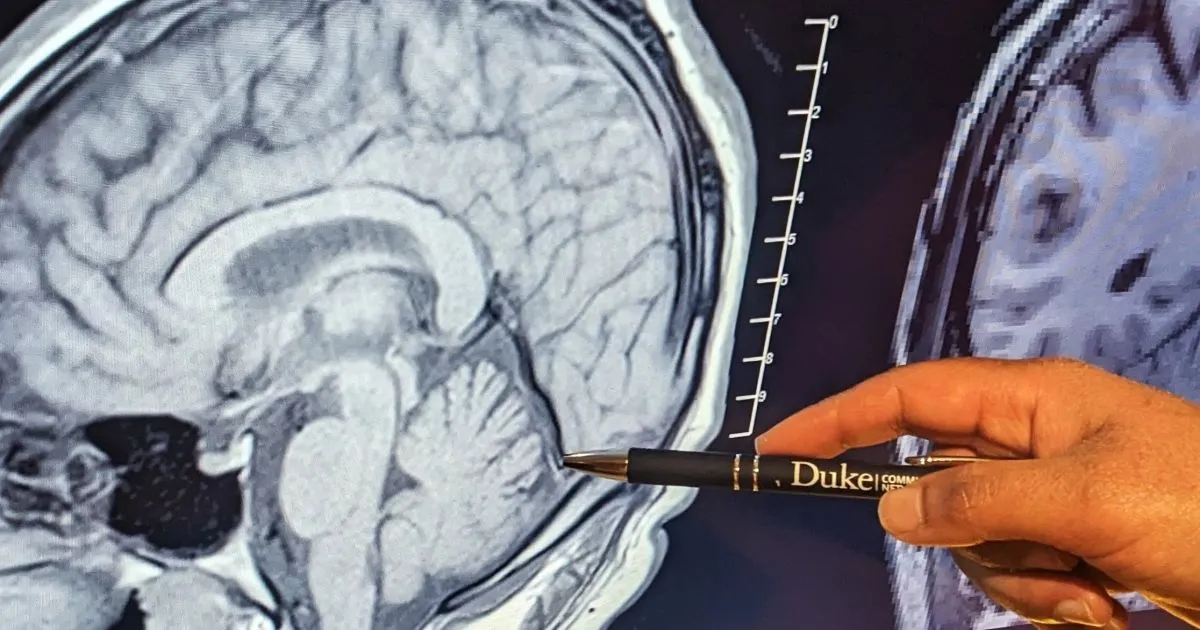Traumatic Stress and Its Link to Smaller Cerebellum Regions

Understanding the Link Between Traumatic Stress and Brain Structure
Traumatic stress has profound effects on mental health. Recent research reveals that adults suffering from posttraumatic stress disorder (PTSD) have markedly smaller cerebellum regions. This finding underscores the importance of recognizing the cognitive and emotional consequences of trauma.
Implications of Cerebellum Size on Mental Health
The cerebellum, often associated with motor control, may play a pivotal role in processing emotional experiences related to trauma. A smaller cerebellum could contribute to various symptoms of PTSD, such as heightened anxiety and emotional dysregulation.
- New research collaborations are crucial for advancing our understanding of PTSD.
- Increased brain imaging studies will provide clearer insights into the cognitive effects of traumatic stress.
Future Directions in PTSD Research
As we continue to explore the ramifications of traumatic stress on brain health, future research must focus on therapeutic interventions that could assist in recovery from disorders like PTSD. Understanding the biological markers can lead to better treatment approaches.
This article was prepared using information from open sources in accordance with the principles of Ethical Policy. The editorial team is not responsible for absolute accuracy, as it relies on data from the sources referenced.